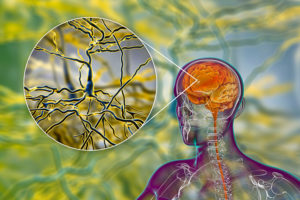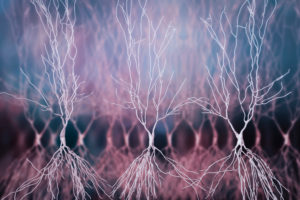I teach PSYC 266 Experimental Psychology, PSYC 321 Physiological Psychology,
PSYC 334 The Science of Health and Resilience, and PSYC 430 Psychopharmacology. These are in-person classes that require daily on-time attendance.
You will take quizzes at the end of class to reward your studying. Our course syllabus includes a detailed calendar to aid your planning.
Because Psychology is a STEM discipline, I emphasize critical thinking and the philosophy of science in my classes. I teach rigorous courses to promote scholarship and require personal responsibility to encourage professionalism. My longer game is to prepare you for life.
“We are what we repeatedly do. Excellence then is not an act, but a habit.”
– Will Durant
PSYC 266 Experimental Psychology
Experimental Psychology examines the philosophy of science and the application of the scientific method in psychology, research ethics, nonexperimental and experimental designs, hypothesis development, between-subjects and within-subjects designs, small-sample studies, statistical analysis of research data, and drawing conclusions from research data. Prerequisite: PSYC 166 – General Psychology and major or minor in psychology. Credits: 3.
PSYC 321 Physiological Psychology
Physiological Psychology examines the philosophy of science and the application of the scientific method in physiological psychology, functional neuroanatomy, neurophysiology, the chemical bases of behavior, hormones and the brain, life-span development of the brain and behavior, regulation and behavior, emotions, and psychological disorders, and cognitive neuroscience. Prerequisite: Grade of C, or better, in PSYC 166 – General Psychology and PSYC 266 – Experimental Psychology. Credits: 3.
PSYC 334 The Science of Health and Resilience
The Science of Health and Resilience explores the two-way relationship between the mind and body. Students review the philosophy of science and the application of the scientific method in psychology, and the science and technology underlying biofeedback and neurofeedback for health and improved performance. This course covers topics relevant to student wellbeing, including relaxation and stress management, and the entire BCIA Biofeedback blueprint. Prerequisites: Grade of C, or better, in PSYC 166 – General Psychology and PSYC 266 – Experimental Psychology.
PSYC 430 Psychopharmacology
Psychopharmacology explores how prescription and social drugs interact with the body and the brain, and covers sedative-hypnotic drugs, drugs used to treat psychological disorders, drugs that stimulate brain function, analgesic drugs and psychedelics, herbal medicines, and anabolic steroids. The course examines clinical decision-making in prescribing drugs for psychiatric disorders. Prerequisites: Grade of C, or better, in PSYC 166 – General Psychology and PSYC 266 – Experimental Psychology. Credits: 3.





